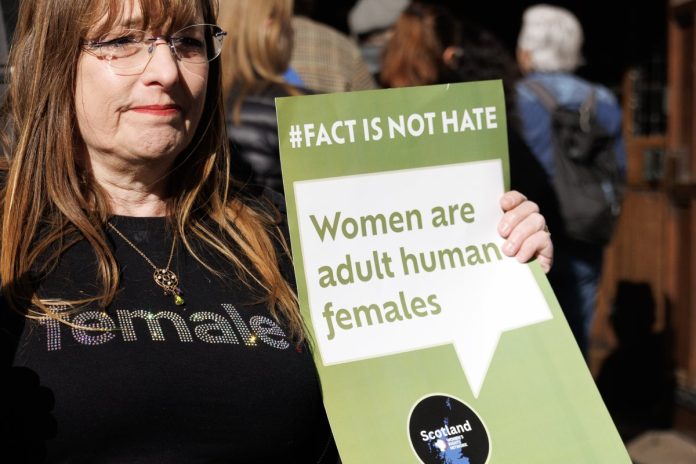In a landmark judgment delivered on Wednesday, the United Kingdom’s Supreme Court ruled that under the Equality Act, the term “woman” refers strictly to individuals who are biologically female. The unanimous decision by five judges has ignited a new wave of debate over the legal recognition of transgender individuals and the scope of sex-based rights in the UK.
Supreme Court Justice Patrick Hodge, delivering the ruling, stated: “The terms ‘woman’ and ‘sex’ in the Equality Act refer to a biological woman.” The decision establishes that a transgender woman, even with a Gender Recognition Certificate (GRC) legally identifying her as female, does not qualify as a “woman” under the terms of the Equality Act.
Background of the Case
The case was brought forward by For Women Scotland (FWS), a women’s rights advocacy group, in response to a 2018 Scottish law requiring 50% female representation on public boards. The Scottish government’s interpretation of “woman” in this law included transgender women holding GRCs, prompting FWS to challenge what they claimed was a redefinition of the term beyond the Scottish Parliament’s legislative powers.
Although the Scottish courts initially rejected the challenge in 2022, the case was escalated to the UK Supreme Court, which overturned the earlier ruling this week.
FWS co-founder Susan Smith welcomed the decision, stating: “Today, the judges have said what we always believed to be the case: that women are protected by their biological sex.”
Implications and Reactions
The Supreme Court clarified that the ruling “does not remove protection from trans people,” who remain safeguarded under provisions related to gender reassignment. However, the judgment has triggered sharp criticism from human rights and LGBTQ organisations.
Amnesty International warned that the ruling could contribute to the erosion of trans rights in the UK and argued that it may contravene international human rights standards. “A blanket policy of barring trans women from single-sex services is not a proportionate means to achieve a legitimate aim,” the organisation said in a statement.
LGBTQ advocacy group Stonewall also condemned the ruling, describing it as “incredibly worrying for the trans community.” The group’s CEO, Simon Blake, expressed concern over the “widespread implications” the judgment may have on access to single-sex spaces such as toilets, hospital wards, and prisons. (DW)





